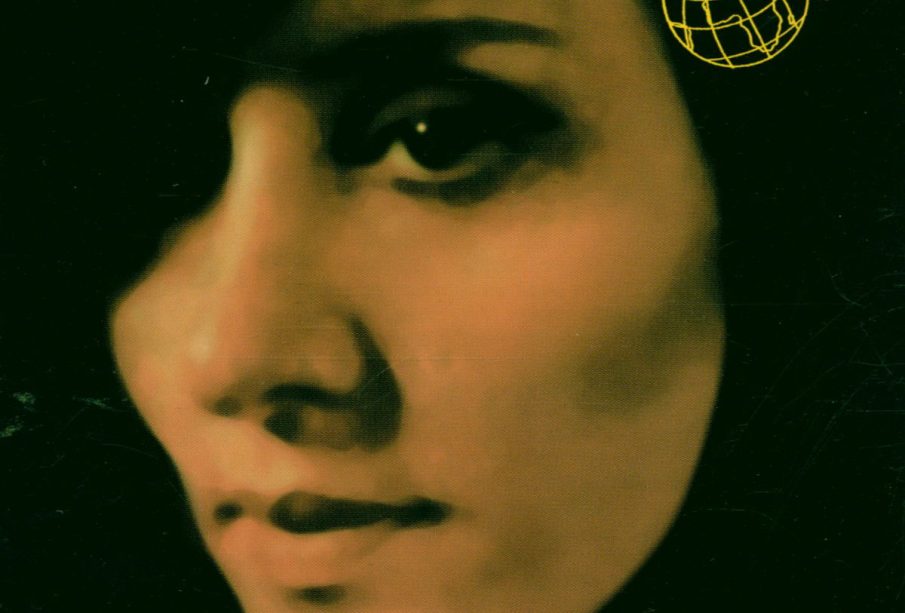Fairuz: The Timeless Voice of Arabic Music

Introduction
Fairuz, often referred to as the “Jewel of Lebanon,” has held a significant place in Arabic music for decades. With her ethereal voice and profound lyrics, she has captivated audiences not only in the Arab world but also internationally. Born in Beirut in 1935, her musical journey mirrors the turbulent history of Lebanon, yet she remains a symbol of hope and resilience. Understanding Fairuz’s music and its cultural impact is crucial, especially as her legacy continues to shape musicians across generations.
Her Journey and Influence
Fairuz began her career in the 1950s, collaborating with influential composers such as Mansour Rahbani and his brother Assi. Their partnership produced many of her most famous songs, including “Kifak Inta” and “Zahrat al-Madaa.” Fairuz’s music often encompasses themes of love, longing, and nostalgia, resonating deeply with listeners. Her unique ability to blend traditional Arabic sounds with modern styles has made her an enduring figure in the music industry.
In 2023, Fairuz celebrated her 88th birthday, marking nearly seven decades in music. With a vast discography that includes over 30 albums, her songs have become anthems during key social and political events in the Arab world. For instance, during the Lebanese Civil War, her music provided comfort and hope to many, highlighting her significance as more than just an artist, but as a cultural icon.
Recent Developments and Legacy
As Fairuz approaches her milestone of 90 years, there is a renewed interest in her work. Recent tributes and events have been organized in her honor, including concerts showcasing her music and documentaries revealing her life story. Furthermore, younger artists in the Arab music scene frequently cite her as an inspiration, exemplifying how her influence transcends generations.
In October 2023, a festival dedicated to Fairuz’s music took place in Beirut, drawing thousands of fans and artists alike. Even outside of Lebanon, her music continues to be celebrated in various festivals globally, demonstrating the universal appeal of her artistry.
Conclusion
Fairuz’s music and her ability to reflect the soul of Arab culture make her an important figure in both music and societal dynamics. As she continues to inspire new generations of artists, her legacy remains strong, emphasizing the vital connection between music, memory, and identity. The ongoing appreciation for Fairuz serves as a reminder of music’s power to heal and unite people, especially in times of uncertainty.









